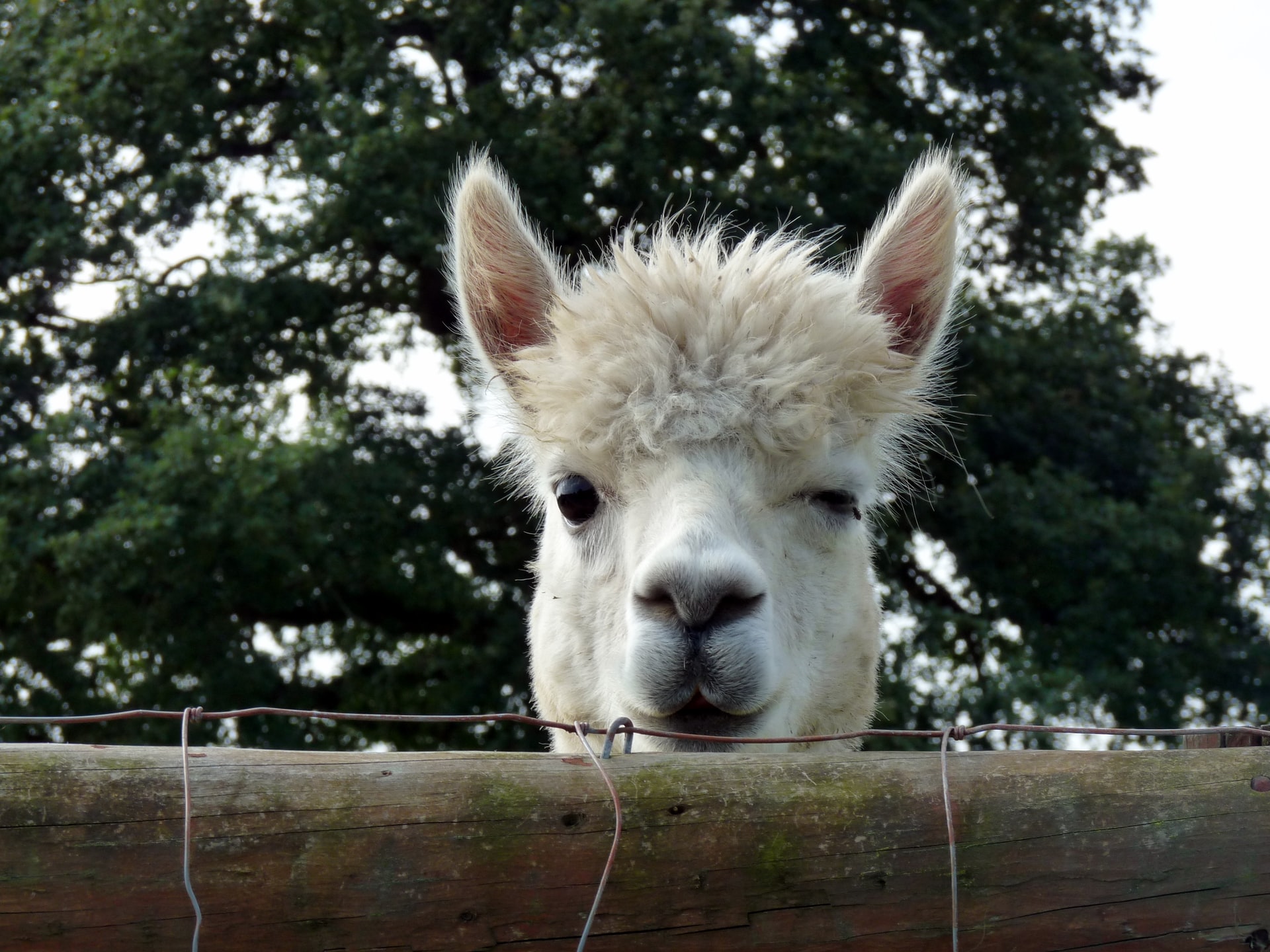Llama antibodies have a great potential in coronavirus treatment, new research shows

Researchers at the University of Reading, England, have established that nanobodies produce by llamas and camels could be used as effective targets against the novel coronavirus disease. These nanobodies are distinguished as the smallest and simplest form of antibodies produced by llamas in their natural response to infections.
The study is in its early stages as the researchers seek to develop a new type of treatment that will effectively target the SARS-CoV-2 virus that causes the deadly coronavirus disease. The scientists have hopes to advance the research from animal samples to develop clinical studies targeting humans.
The study results showed that the short chains of the nanobody molecules significantly reduced the indications of coronavirus disease. Luckily, these molecules can be multiplied in laboratory settings then administered either through injection or nasally among the infected animal models.
The working mechanism of the nanobodies involves tight binding to the SARS-CoV-2 virus. The binding effect causes neutralization of the SARS-CoV-2 virus contained in cell structures.
The Reason Why This Llama Discovery Is Valuable
The global arena could be on its way to a cheaper and simpler source of a COVID-19 medication which will be a better alternative to the current antibodies extracted from patients that have recovered from the virus.
From a scientific point of view, nanobodies tend to present multiple advantages compared to human antibodies in clinical settings. For example, the production process associated with nanobodies is cheaper; they can be administered directly through nasal sprays and nebulizers, and they don’t need an injection during administration.
The treatment comes when the world is struggling with new variants of the coronavirus disease. This research could show that there is more potential in various forms of treatment in mitigating the effects of the current disease.
